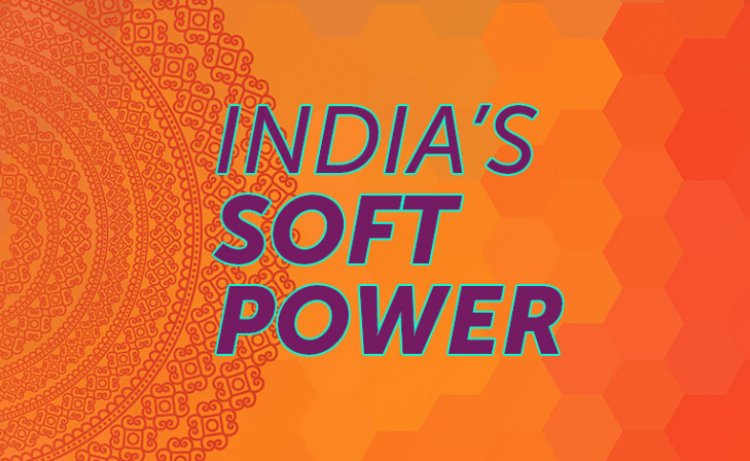India’s Establishes Itself as a Soft Power
STORIES, ANALYSES, EXPERT VIEWS

Russia’s withdrawal from the grain deal on 17 July received global criticism. International wheat prices rose 1.6per cent. With Russia continuing its attacks on Ukraine’s grain stocks, global wheat prices are bound to further rise.
India’s selective ban on rice exports
On 20 July, India imposed a ban on export of non-basmati white rice. It resulted in panic buying in the US and Canada, shooting up prices. The primary objective of the ban, as announced by the government, was to lower domestic price of rice thereby reducing inflation, especially in an election year. India is the world’s largest exporter of rice and commands 40 per cent of the global rice trade, of which non-basmati rice is 15 per cent. As per US data, India exported 22.5 million tonnes of rice in the last financial year. The ban resulted in hoarding in some parts of the world.
India however, has kept a window open by stating that exports could be permitted on a case-by-case basis. India would provide to those nations whom it desires to assist. Most of them would be from the global south.
Diplomatic advantage in Afghanistan, Middle East and North Africa
Sun h an approach, writes Harsha Kakar (retired Major-General of the Indian Army) will enable “India to enhance its soft power and global standing. India donating wheat to Afghanistan, post the Taliban takeover, resulted in rebuilding ties. It changed India’s standing in Kabul and opened doors for direct communication with the Taliban regime…..Similarly, India enhanced its influence in the Middle East and North Africa.”
Leverage on China
Another possible reason for imposing the rice ban, states Kakar “is to restrict uncontrolled export of rice to China. In 2022, private Indian suppliers shipped almost 30 per cent of Chinese rice imports valued at USD 777 million. With floods continuing in China as also lack of arable land, its demand for rice is likely to increase this year. With India having imposed a ban on rice exports, except on a case-by-case basis, the Chinese government will be compelled to approach New Delhi for provision of rice stocks, in case unavailable elsewhere. This would provide India with an upper hand in its diplomatic dealings with China….”
Vaccine diplomacy during Covid
During Covid, India had successfully adopted its vaccine diplomacy, which was provision of Indian manufactured vaccines to economically weaker nations. India sold vaccines at reduced rates to mainly low-income and developing countries. By March 2021, India had supplied over 60 million doses.
All the while, “the WHO hounded Western nations for hoarding vaccine stocks. The QUAD vaccine partnership was also dependent on Indian production….”
Education diplomacy
India recently launched its education diplomacy, which involves setting up branches of top educational institutions in weaker nations. During his recent visit to Tanzania, Foreign Minister S Jaishankar announced the establishment of the first foreign campus of the IITs. The National Forensic Sciences University’s first off-shore campus in Jinja, Uganda. India has also provided financial support to African nations to enhance their infrastructure. Similar educational institutions in other nations would follow suit.
While China is seeking to gain a foothold in third world countries through its BRI, Kakar concludes “India is establishing itself through its soft power.”
















